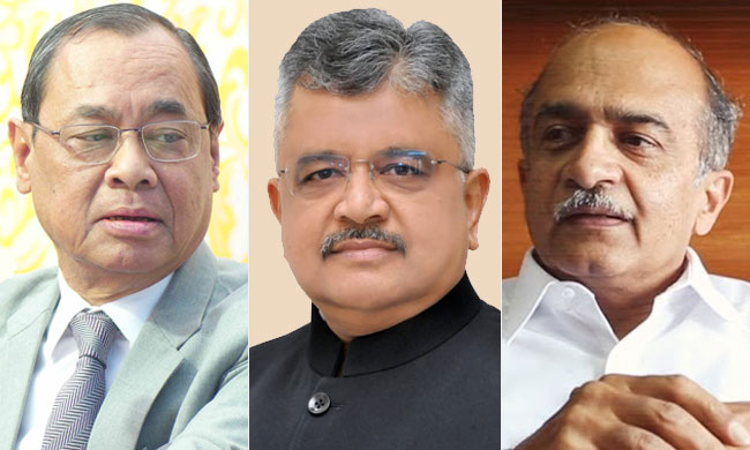Assam Detention Centres: SC Just Stopped Short Of Issuing Non-bailable Warrant To Chief Secretary
MEHAL JAIN
1 April 2019 1:57 PM IST

Next Story
1 April 2019 1:57 PM IST
The Supreme Court on Monday reprimanded the state of Assam for its submission that thousands of illegal immigrants declared as foreigners by its Foreigners Tribunals have absconded and merged with the general public. The bench headed by Chief Justice Ranjan Gogoi was also miffed by the absence of the state's Chief Secretary from the court. As Solicitor General Tushar Mehta...
